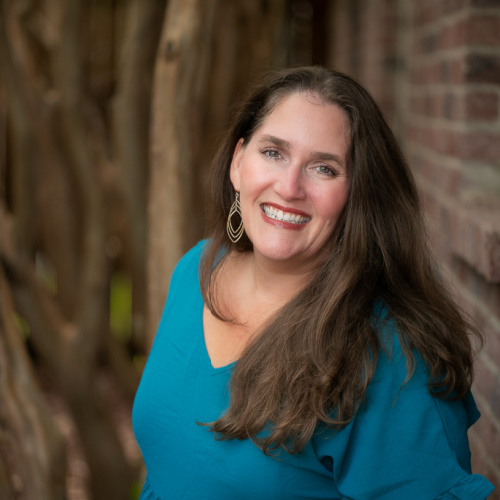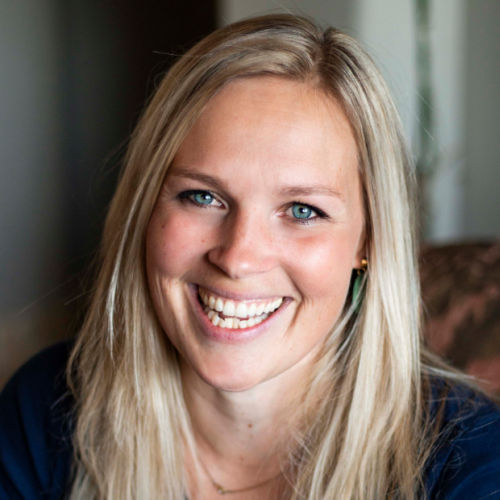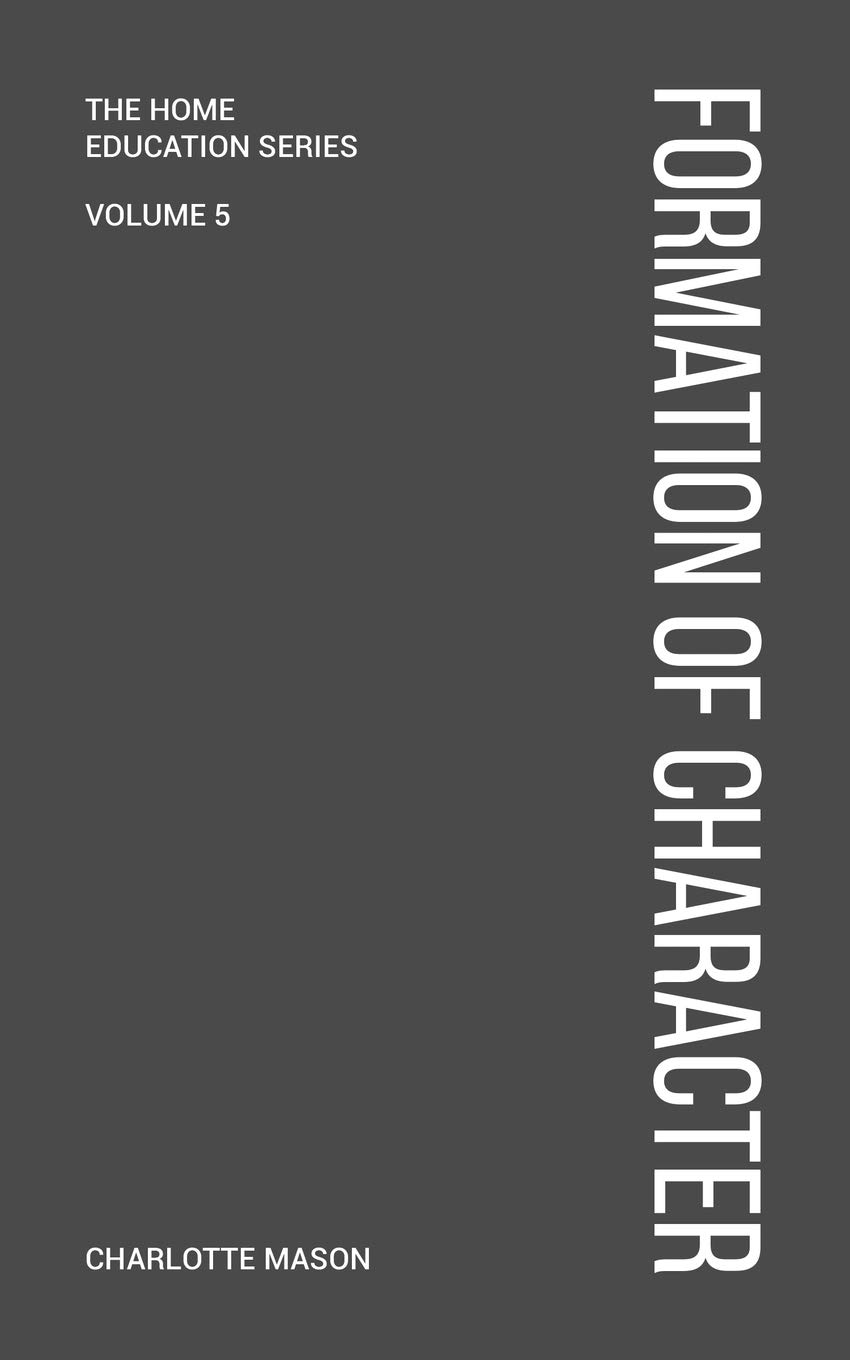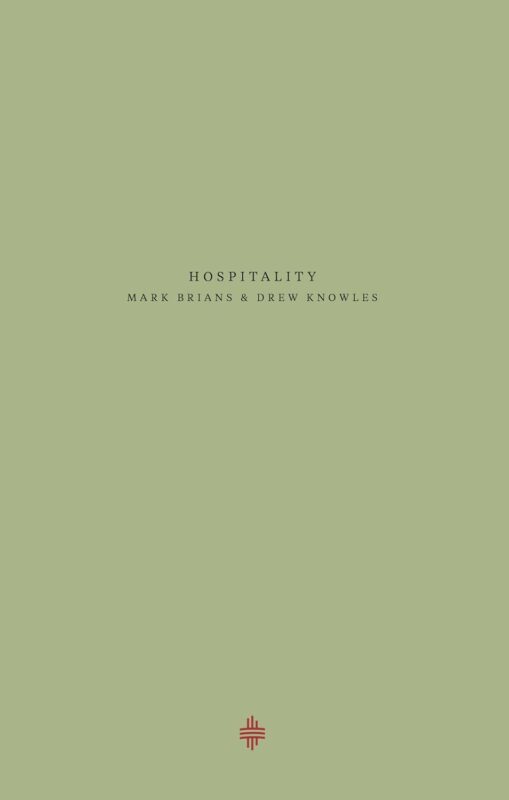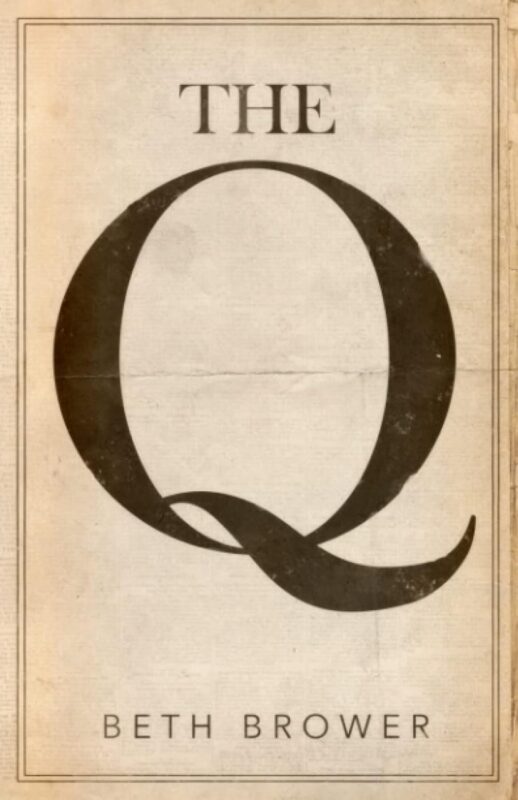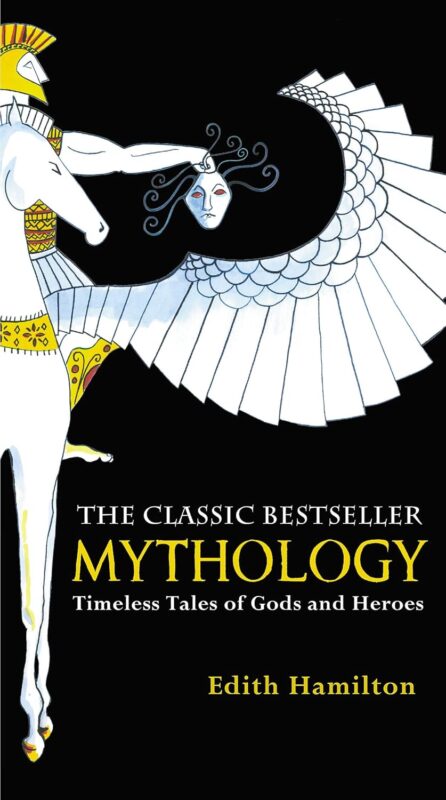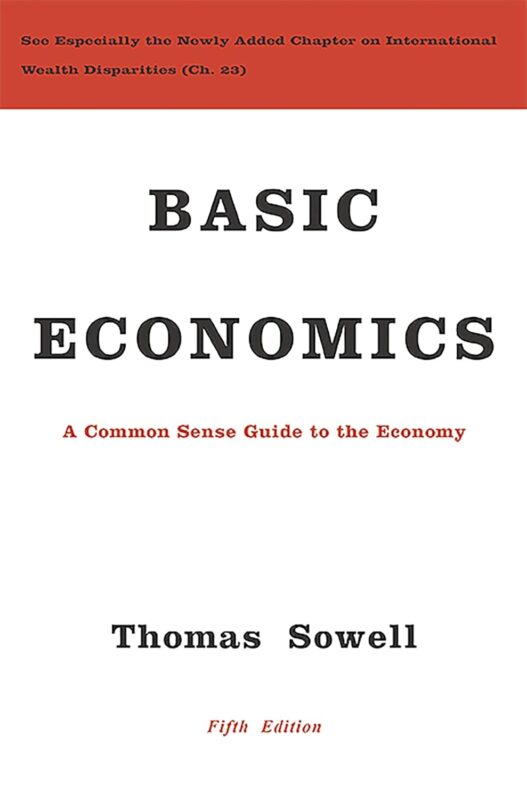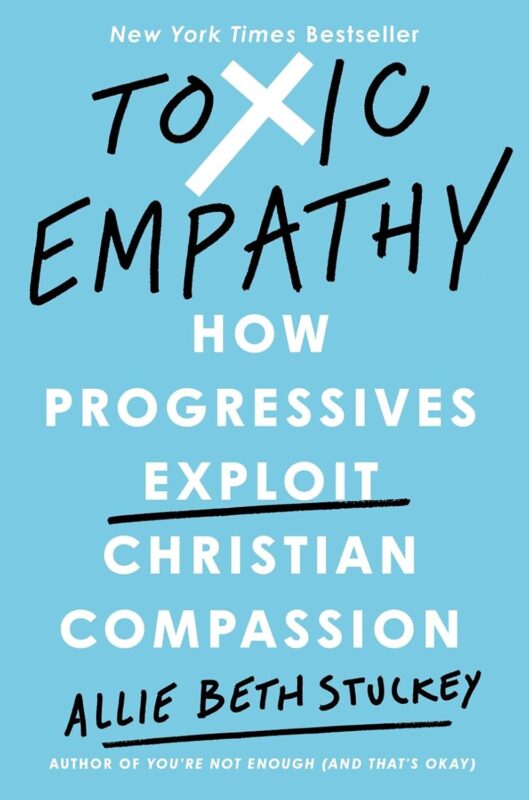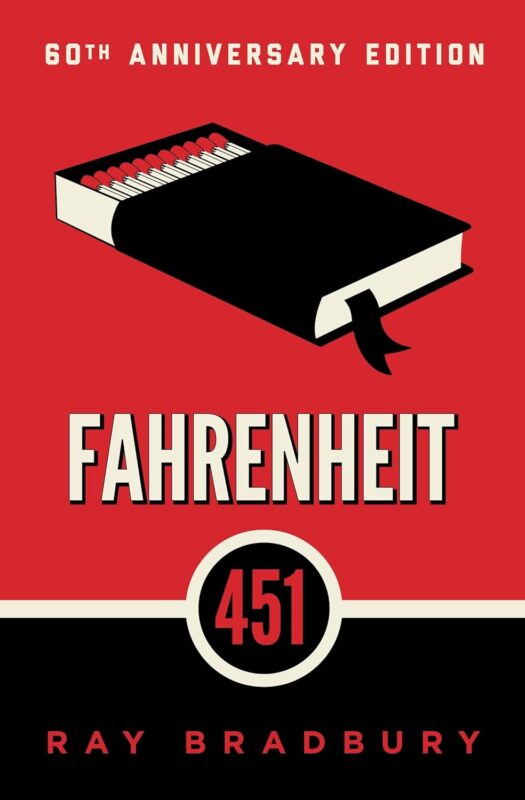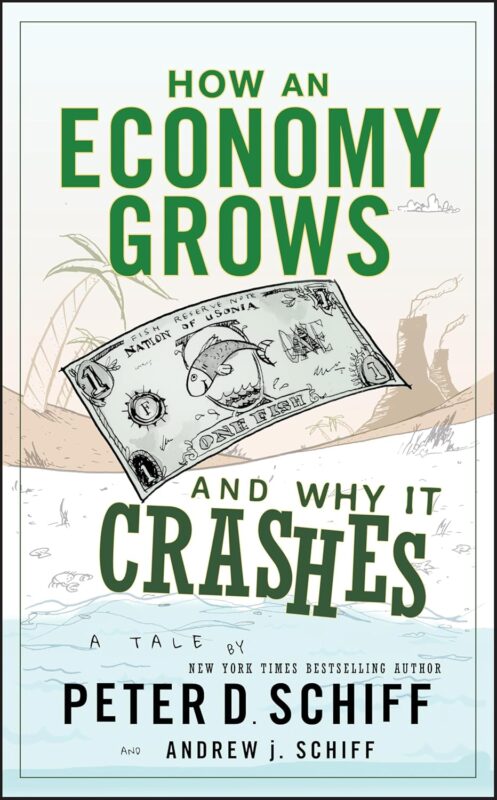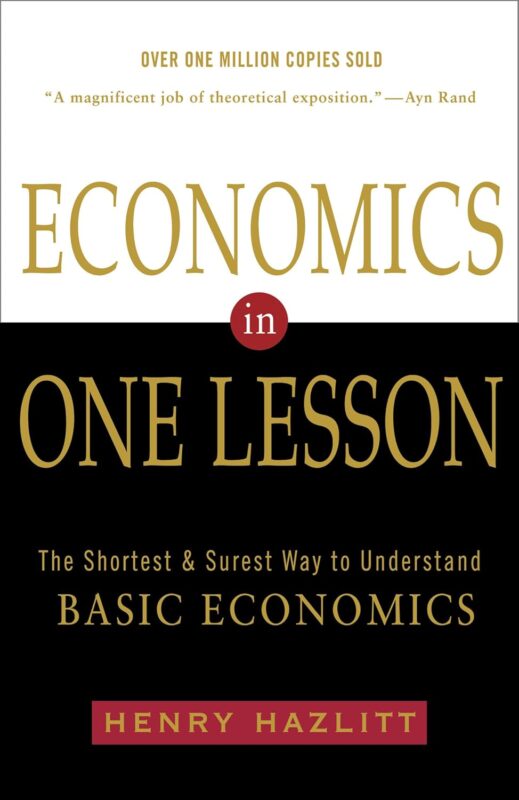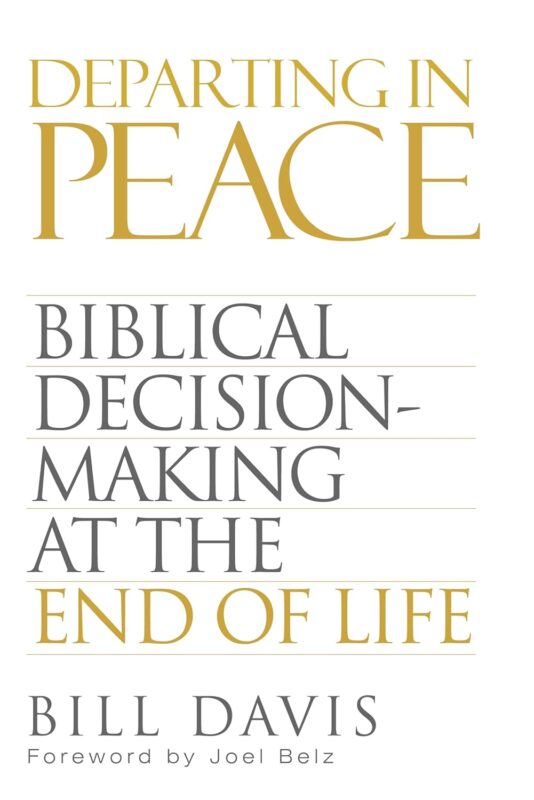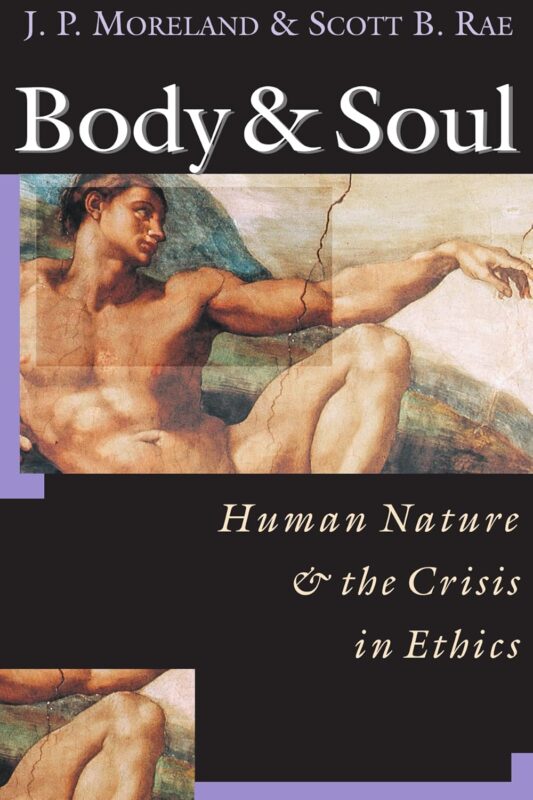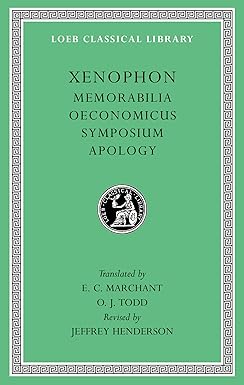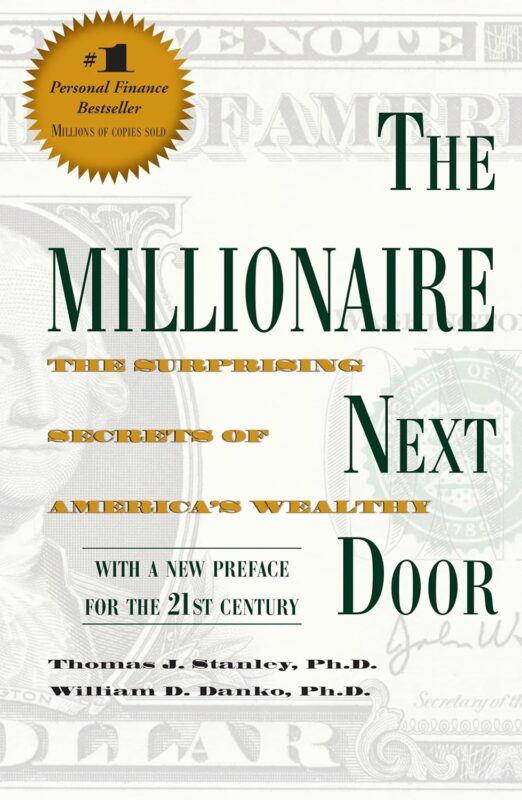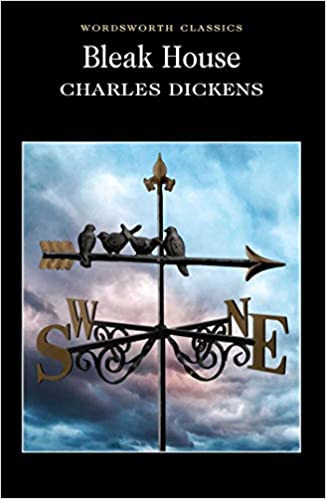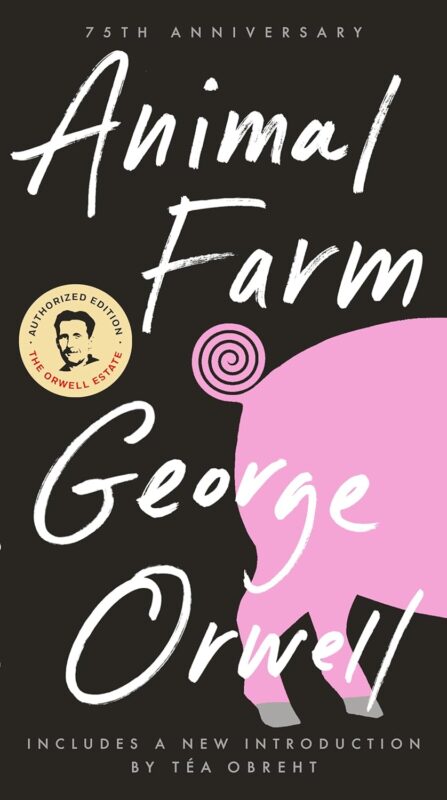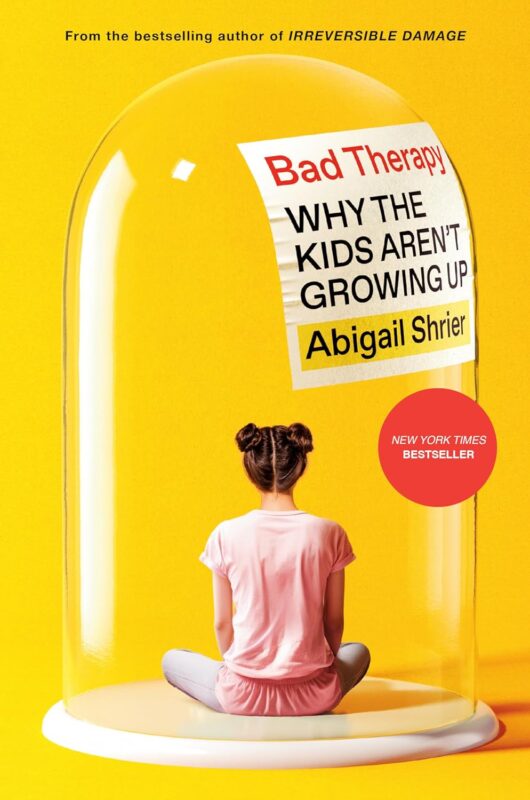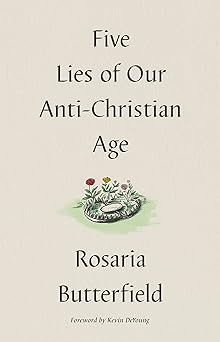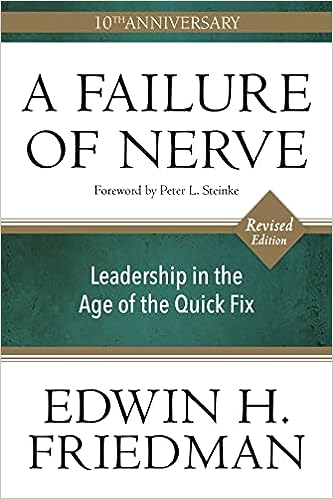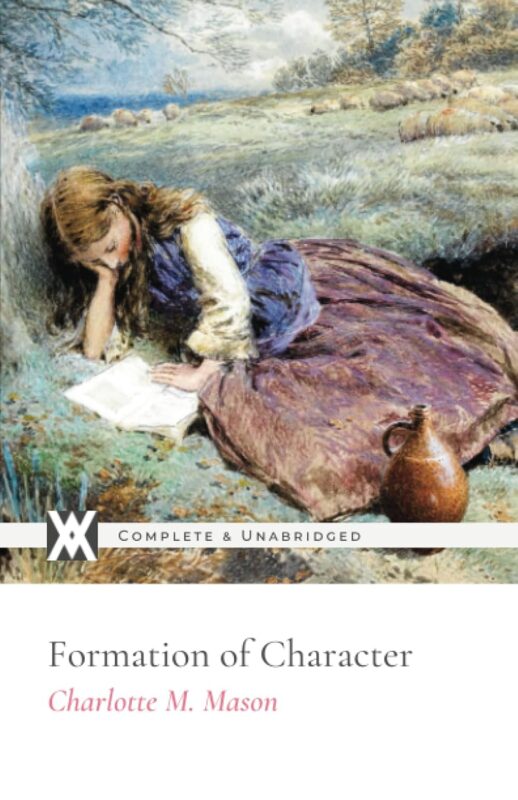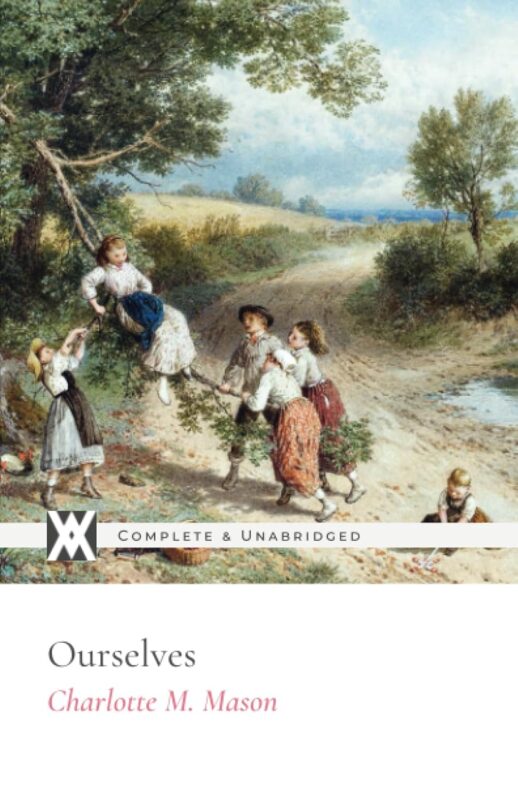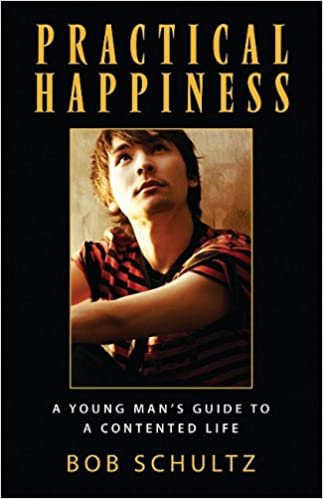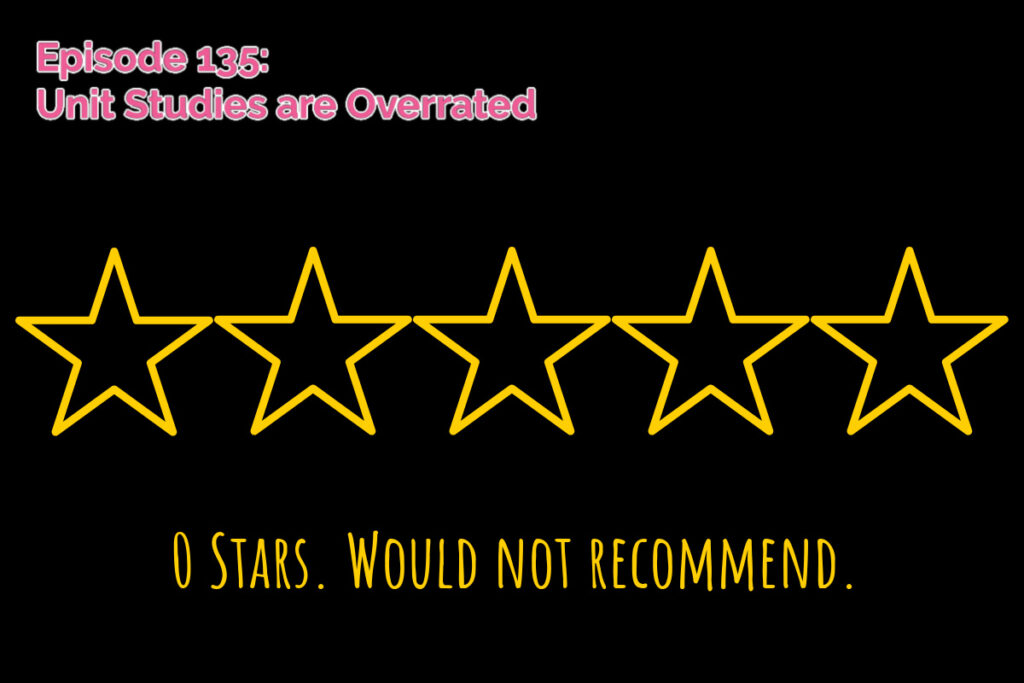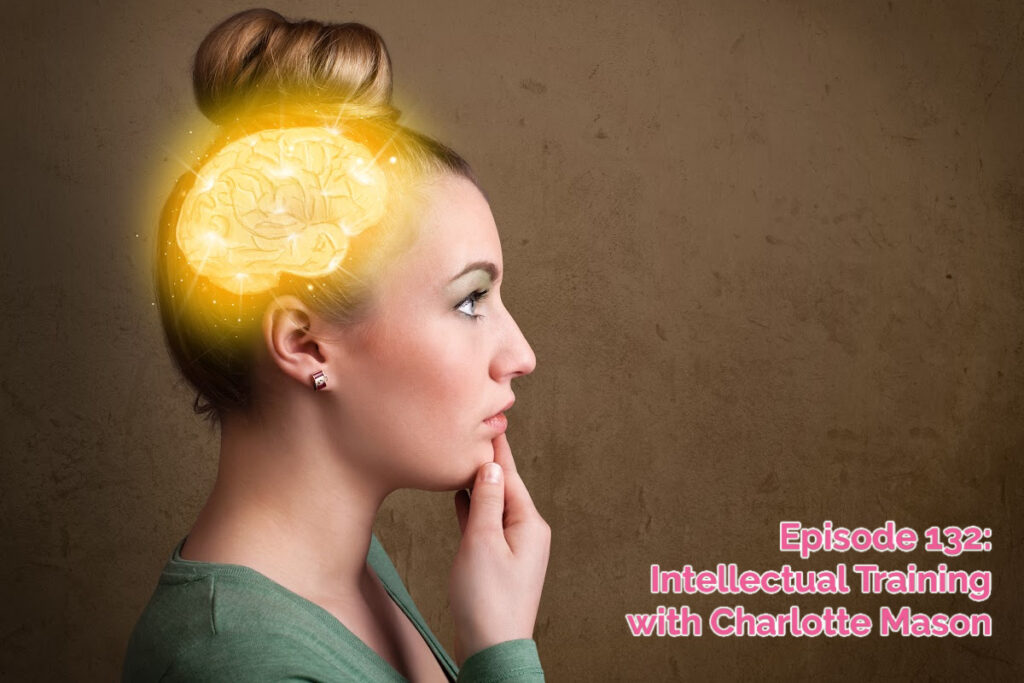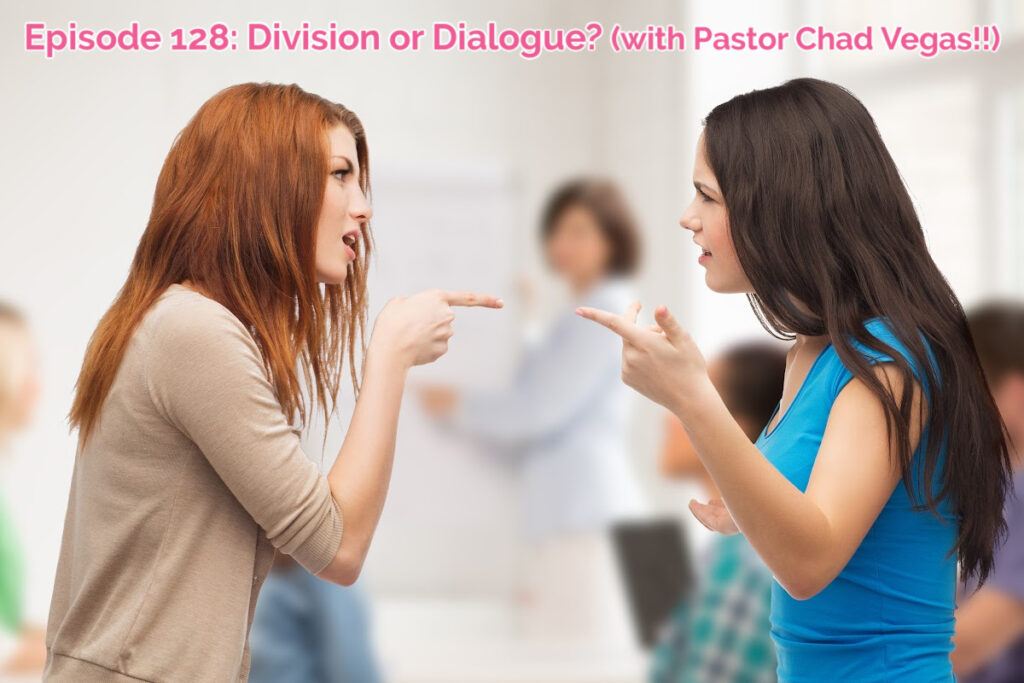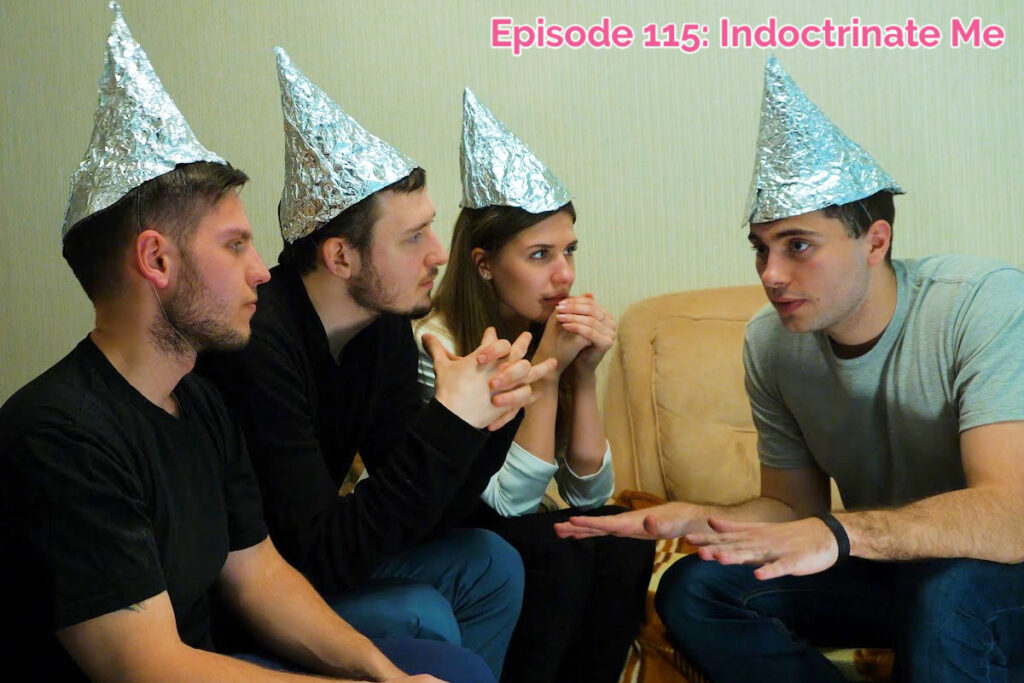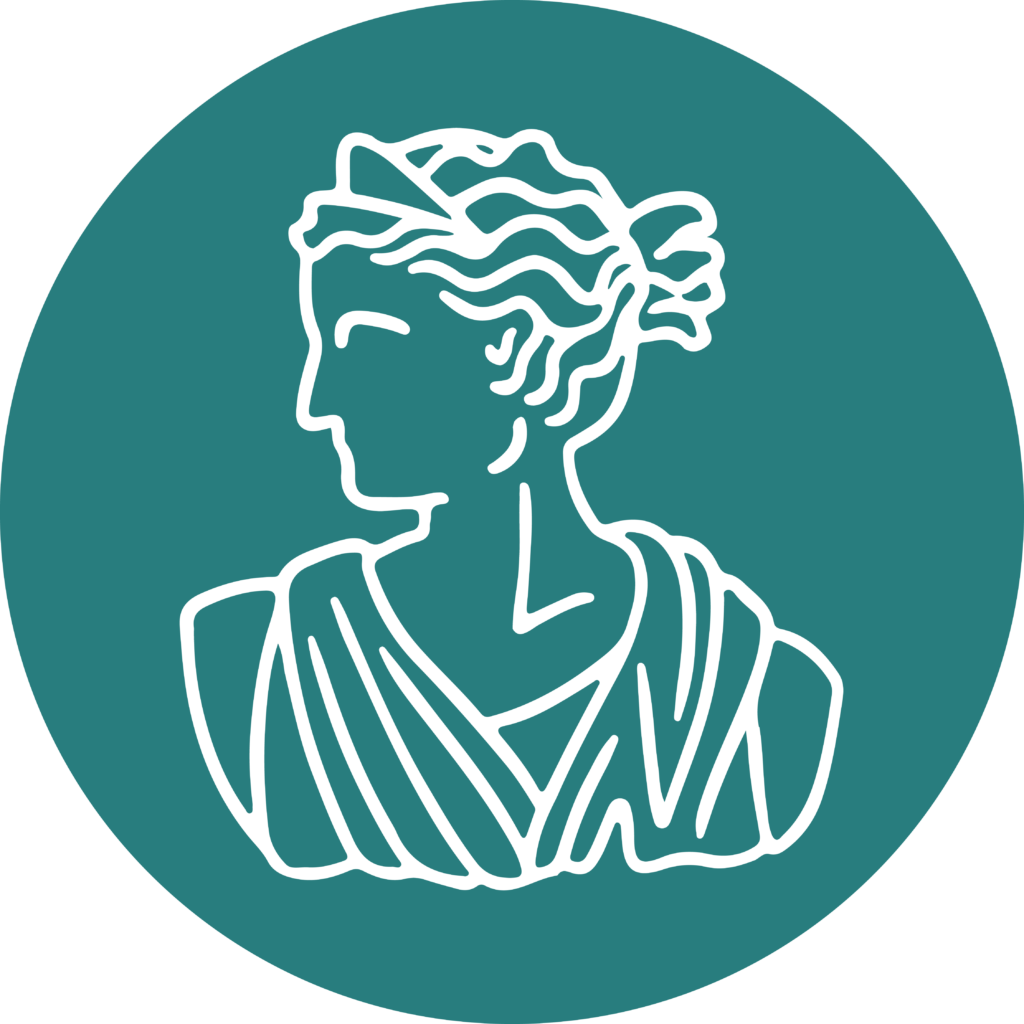SS#163: You Need an Opinion
Charlotte Mason’s Studies in the Formation of Character (Vol. 5) doesn’t get much love, but it should—especially the section called “Opinions.” Mason assumes young women will think carefully and judge wisely about the world they live in. That’s not controversial to her; it’s basic discipleship.
In this episode, we walk through Mason’s three areas where “thinking persons” should hold formed opinions: moral philosophy (ethics), political economy (economics/politics), and religion—and why these apply not only to “young maidens at home,” but to the rest of us as mothers, mentors, and women continuing to learn.
We talk candidly about adult daughters at home, the tension between independence and household life, and how mothers serve as book matchmakers who pair real problems with the right reading.
Along the way we share concrete starting points: Proverbs and the Epistles, catechisms, Mason’s Ourselves, novels that shape judgment, approachable economics texts, and timely resources for apologetics. We also name additional domains that now demand thoughtful opinions—history, education, and technology—because the cultural weather has shifted and our daughters will face questions we didn’t at their age.
If you want a Charlotte-Mason-rooted, intellectually serious, and practical roadmap for forming opinions that stand up in real conversations, this one’s for your reading list—and your living room.
You Should Have Educated Opinions
Today’s Hosts and Source
.Formation of Character is a book for all parents, no matter the age of their children. It includes both stories and classic illustrations from literature teaching on the development of children’s character.
“What are the subjects upon which thinking persons generally must have opinions? It is upon these the girl should be qualified to judge.”
Source
Scholé Every Day: What We’re Reading
Hospitality: The Convivial Mission of God, Mark Brians and David Knowles
Mystie clearly needed this book.
Mythology, Edith Hamilton
Abby is enjoying learning alongside her students.
The Q, Beth Brower
Brandy shares the fun reading she’s doing with her daughters.
Opinions are good if they are informed and ethical
In our culture, having “opinions” is often treated as a vice. We hear it said with a sneer—“She’s so opinionated”—as though conviction itself were a flaw. Charlotte Mason challenges that assumption. Her fifth volume insists that young women should form opinions, not because stubbornness is admirable, but because thoughtful judgment is a duty. It is not good for a woman—or anyone—to drift along without direction, parroting the loudest voice in the room. To live wisely in the world requires grappling with issues, weighing ideas, and standing on solid ground.
Still, Mason doesn’t advocate for rash or self-indulgent views. She insists that opinions must be informed and ethical. The problem is not that we have opinions, but that too often they are borrowed, shallow, or emotional. An uninformed opinion is dangerous because it shapes actions without the ballast of truth. A well-formed opinion, by contrast, equips us to act consistently, teach faithfully, and influence others toward the good.
This is why Mason places moral philosophy first on her list. By moral philosophy, she means the study of right and wrong, of virtue and vice, of what it means to live well. Today we might use the word ethics. Moral philosophy isn’t abstract theory; it is the examination of human character, motivation, and conduct. It’s asking: What is good? What is evil? How do we know the difference? Without that grounding, every other opinion we hold will float unmoored.
So the goal is not to shed our opinions or hide them. The goal is to cultivate them, direct them, and hold them accountable to the truth. Opinions are inevitable, because thinking is inevitable. The real question is: Will our opinions be careless and reactive, or will they be truthful, tested, and tethered to Scripture?
You should have an opinion on these things
Charlotte Mason’s list might surprise us. She singles out moral philosophy, political economy, and religion as the core areas where young women must form opinions. At first glance, those sound lofty or academic, maybe even far removed from the daily work of homemaking or homeschooling. But pause for a moment. These are the very categories that touch everything in our lives.
Moral philosophy—ethics, right and wrong, virtue and vice—frames every choice we make. How we discipline our children, how we treat our neighbors, how we handle our own weaknesses all rest on some vision of what is good and what is evil. Without thinking through moral questions, we will simply absorb the attitudes of the culture around us.
Political economy—economics and politics—shapes how we steward resources in our homes and communities. Women are not bystanders here. We make countless financial decisions each week, and our attitudes toward work, wealth, and stewardship ripple outward to our families. Even simple choices—budgeting, saving, spending—are tied to broader convictions about what money is for and what it isn’t.
Religion—our faith, our theology, our apologetics—anchors everything else. Mason was clear that women need to understand not only their own faith but also the pressures and challenges their culture raises against it. Christianity is always under trial in some form, and mothers pass on either conviction or confusion to the next generation.
To this list, we might add history, education, and technology. A basic grounding in history equips us to spot false claims and shallow arguments. A thoughtful approach to education is necessary for anyone charged with raising or teaching children. And technology is now so pervasive that it requires deliberate reflection: when to use it, how much, and to what end.
Why should women care? Because what we think becomes what we teach. Opinions flow into conversations at the dinner table, decisions at the grocery store, and the tone we set in our homes. Far from being a liability, well-formed opinions are part of faithful stewardship. They help us navigate a noisy, confusing world with clarity and conviction. Mason was right: our daughters need them. And so do we.
Mothers as book matchmakers
Mothers are often told to be the family historian, the family photographer, or the keeper of traditions. Charlotte Mason would add another: the book matchmaker. Our task is not to build a giant, impressive library but to notice the questions, struggles, and opportunities our children encounter and match them with the right book at the right time.
This isn’t about curating a perfect list in advance. It’s about paying attention. A daughter at work faces a co-worker who frames cultural arguments in Christian language—she needs a resource like Rosaria Butterfield’s Five Lies. A son overhears heated debates about evolution—he needs a book that grounds him in biblical creation. Another child wrestles with anxiety—hand her Abigail Shrier’s Bad Therapy and watch it spark fruitful conversations.
When we serve this way, books stop being abstract assignments and start becoming lifelines. They help a young adult think more clearly and stand more firmly. And the same principle applies to us as moms: our own needs, weaknesses, and gaps should send us searching. Mason’s point is not that we must know everything but that we must know something—and then pass it on. Opinions matter. And books are often the best matchmakers for forming them.
Moral philosophy and novels
When Charlotte Mason places moral philosophy first on her list of areas where young women need formed opinions, she isn’t thinking of ivory-tower ethics textbooks. She is pointing to the formation of judgment about human character and conduct. And one of her preferred tools for that formation is the novel.
Why? Because good fiction doesn’t merely state principles—it shows them embodied. We watch a Dickens character make foolish financial decisions and suffer for them. We see Jane Austen’s heroines distinguish between true virtue and mere charm. In Orwell’s Animal Farm or Bradbury’s Fahrenheit 451, abstract political or moral ideas suddenly become vivid, memorable, and convicting.
This is why novels matter for moral formation. They take the abstract—justice, greed, faithfulness, folly—and give it a name, a face, and a consequence. They train us to recognize patterns in real life, because we’ve already practiced watching them play out in story.
Reading Proverbs or the Epistles gives us God’s direct words on ethics. Reading a well-chosen novel puts flesh on those principles. Together, they sharpen our ability to discern right from wrong and prepare us to pass that discernment on to our children. As Mason reminds us, opinions are not optional. They are tools for faithful living—and novels are one of the best tutors in forming them.
Mentioned in the Episode
Listen to related episodes:
SS #135 – Unit Studies Are Overrated
SS #132 – Intellectual Habit Training
SS #128 – Division or Dialogue? (with Pastor Chad Vegas!!)
SS #115 – Indoctrinate Me
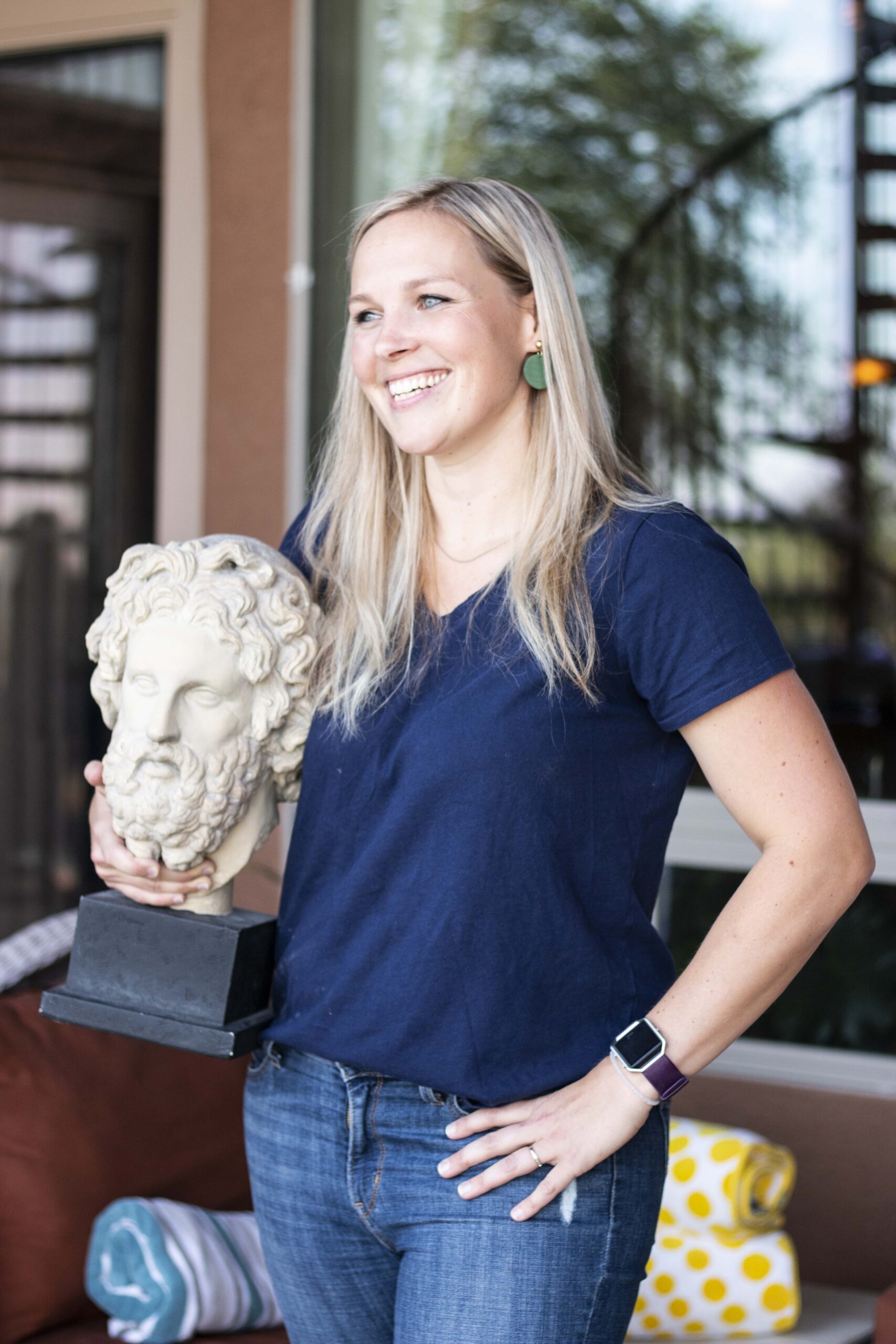
Be a part of the conversation!
Discuss this podcast with other moms inside Sistership.


